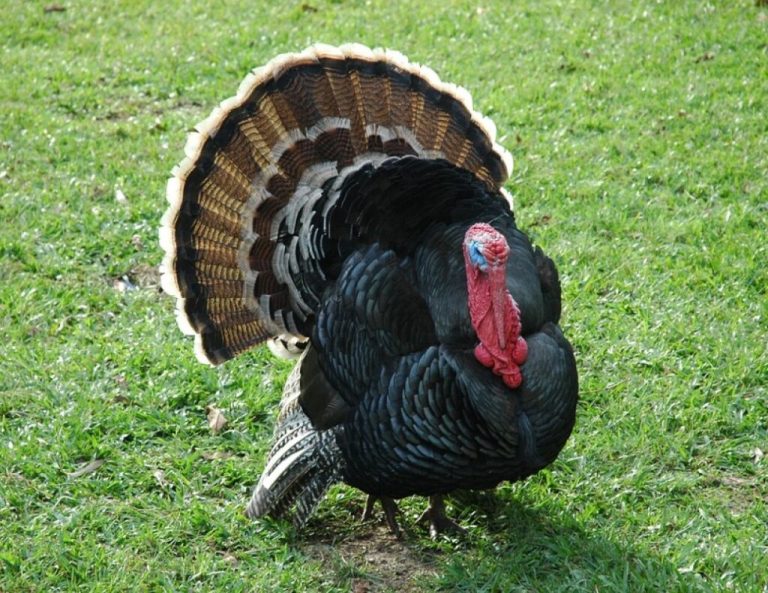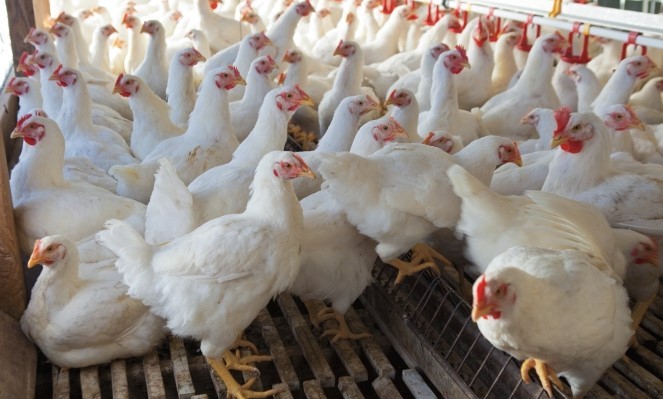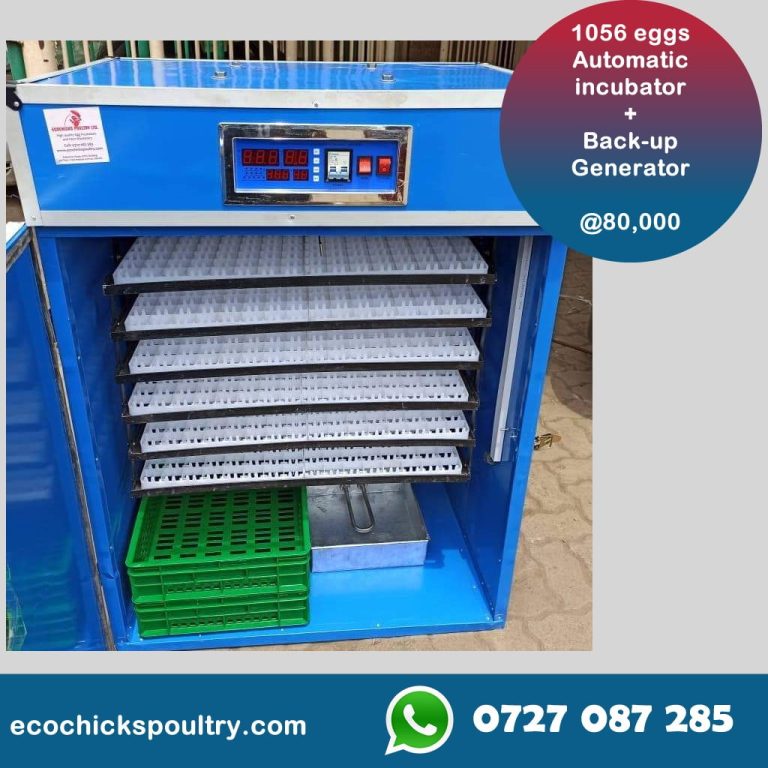Selection of hatching eggs in Kenya
For selecting the best fertile eggs for hatching, you have to choose eggs that are free of dirt, litter and yolk or white from broken eggs. It always preferable to choose eggs that are uniform in size and shape are preferable. The eggshell should be equal in thickness, texture, and color so that warmth can spread uniformly throughout incubation.
Choosing the best eggs for incubation
- Egg size. It is best to choose eggs that are the average size
- Shell condition. you should check each egg to ensure that it doesn`t have a damaged shell.
- Shell Abnormalities. you should also check that the eggs doesn`t have any other shell abnormalities.
Egg care and storage
If eggs need to be stored before they go into the incubator , they must be kept below room temperature. They wait for the time of incubation. Typically, the storage period rarely exceeds 7 days. After this period, there`s impairment of the hatching rate.



